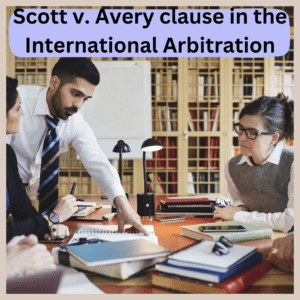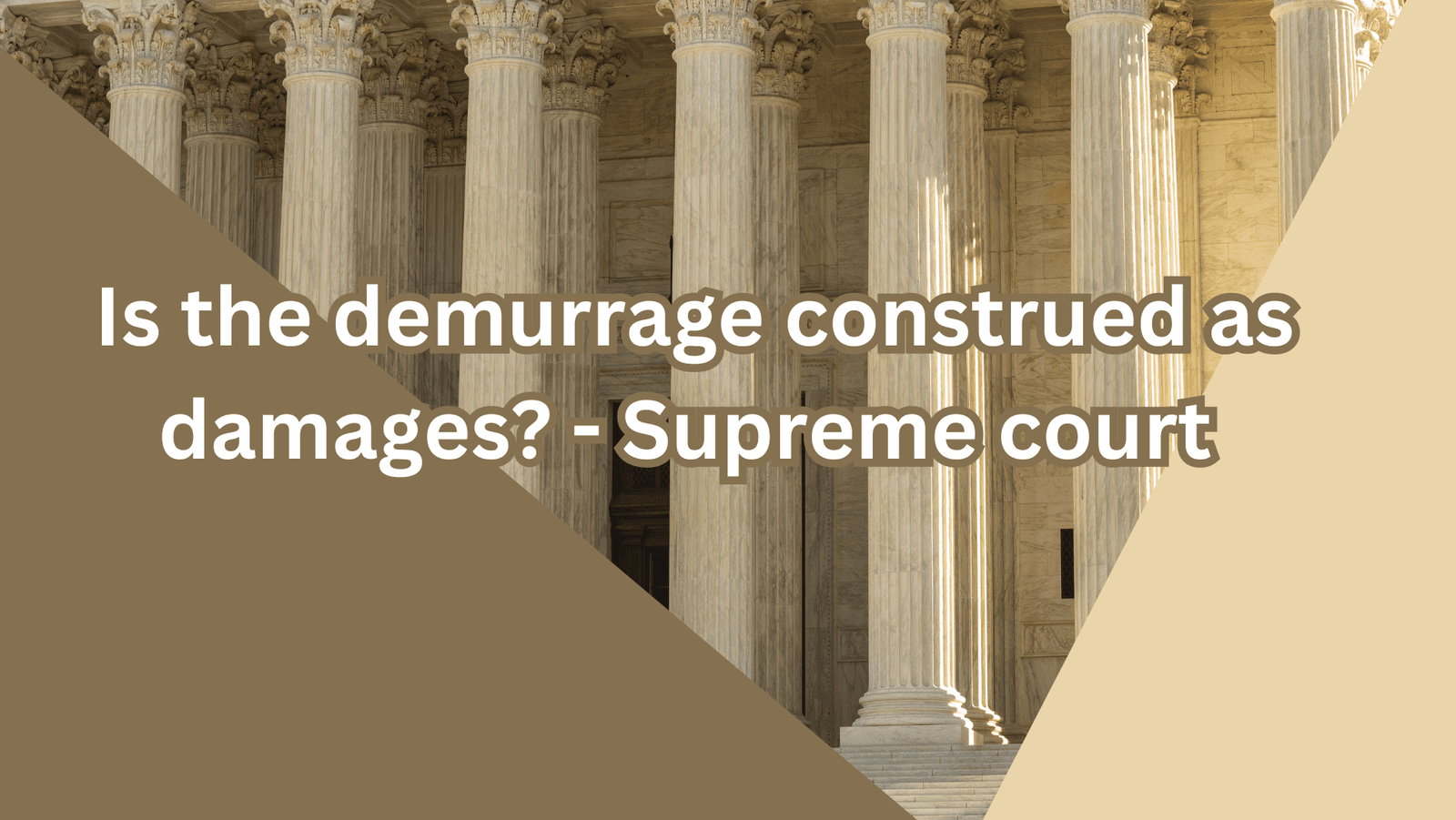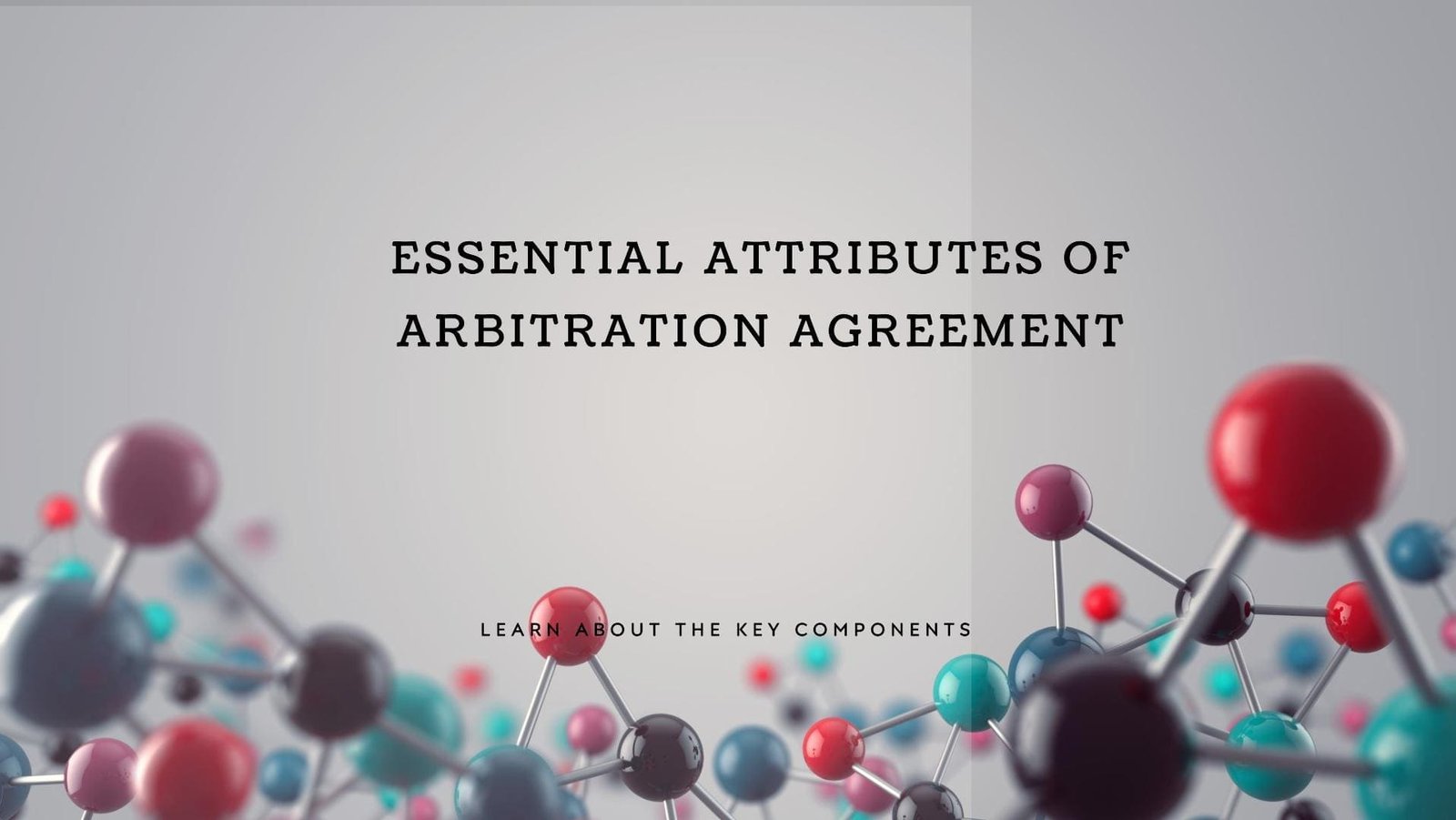
👉 This clause is essential in contracts involving parties of different countries such as export transactions, foreign elements, and construction contracts of varied domains, the arbitration clause should provide machinery suitable to the international character of the transaction for facilitating the execution of award that may be rendered.
👉 Scott v. Avery clause provides that no action shall be brought until an award has been made and such provision is very common in commercial contracts. This type of clause is named after the case Scott v. Avery (1856) 5 HL Cas 811.
Facts
👉 The respondent, Avery, took out a policy of insurance on a ship from the appellant. A clause in the policy stated that in the case of any dispute about an award, the matter should first be referred to arbitration. This was said to be a “condition precedent” to the maintaining of an action. The respondent claimed under the policy for losses, but a dispute arose as to the amount to be awarded. Avery was dissatisfied with the amount offered. He refused to refer the matter to arbitration and instead took the matter directly to court.
Court’s sequitur:
👉 The House of Lords ruled in favour of the insurers. Lord Cransworth distinguished between a clause that ousted the jurisdiction of the court where a cause of action had already risen, and the present case. Here, the clause stated that there was no cause of action until an arbitration decision had been made. He stated that the principle against ousting the court’s jurisdiction was one of public policy and said :
“I can see not the slightest ill consequences that can flow from such an agreement, and I see the great advantage that may arise from it.”
👉 Therefore, the clause to refer the matter to arbitration did not offend public policy and was enforceable.
Post notes:
👉 Scott v. Avery clause is a condition precedent to the determination of liability of a party to a contract. Repudiation of the contract does not affect this clause. A party successfully pleading Scott v. Avery clause as a defence in the suit cannot subsequently challenge the jurisdiction of an arbitrator when the matter in the suit is remitted to arbitration.
👉 There are two exceptions in which this clause may not be pleaded as a defence to a suit.
👉 First, where the conduct of the defendant is such that it disentitles him from relying on such clause.
👉 Secondly, where the agreement to arbitrate has ceased to exist.












